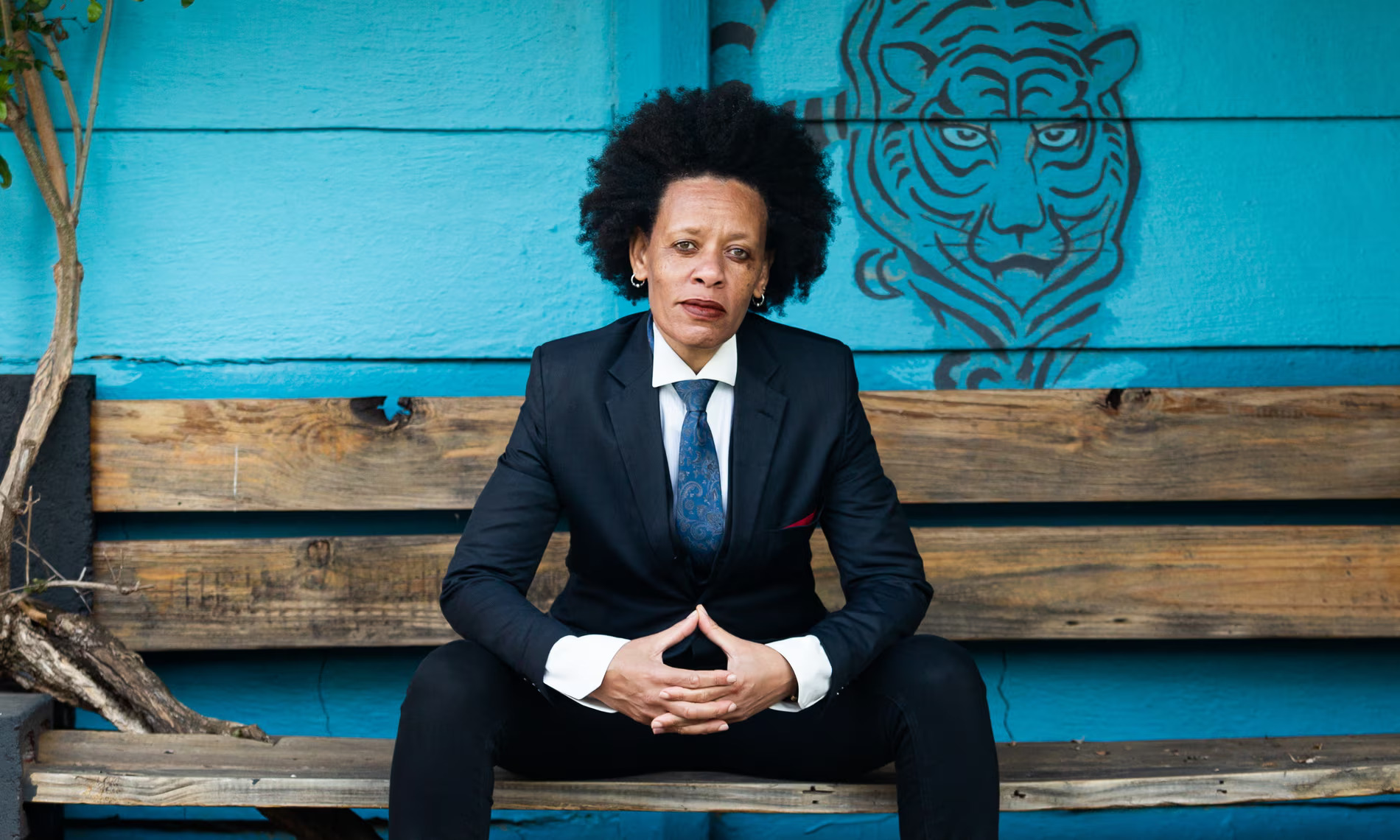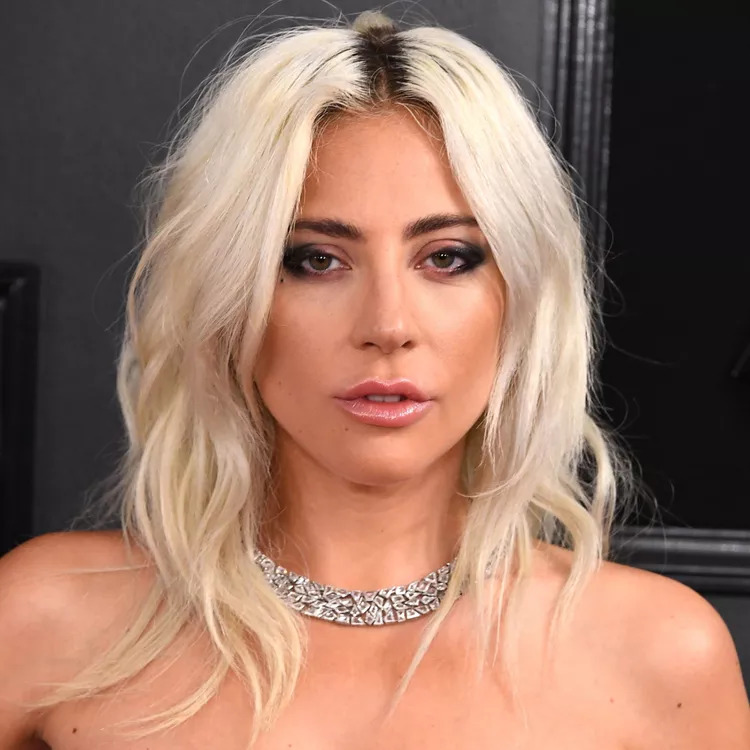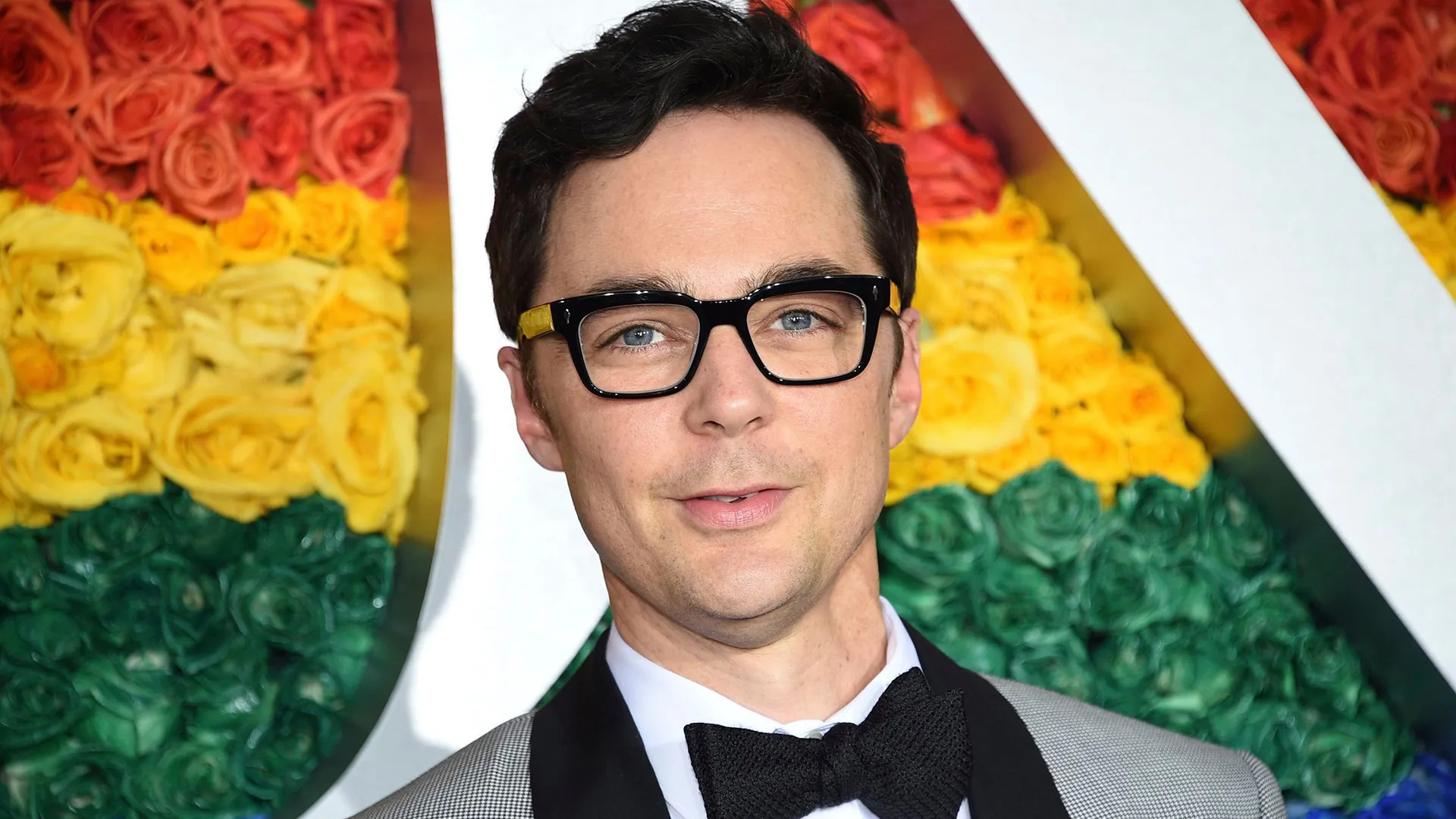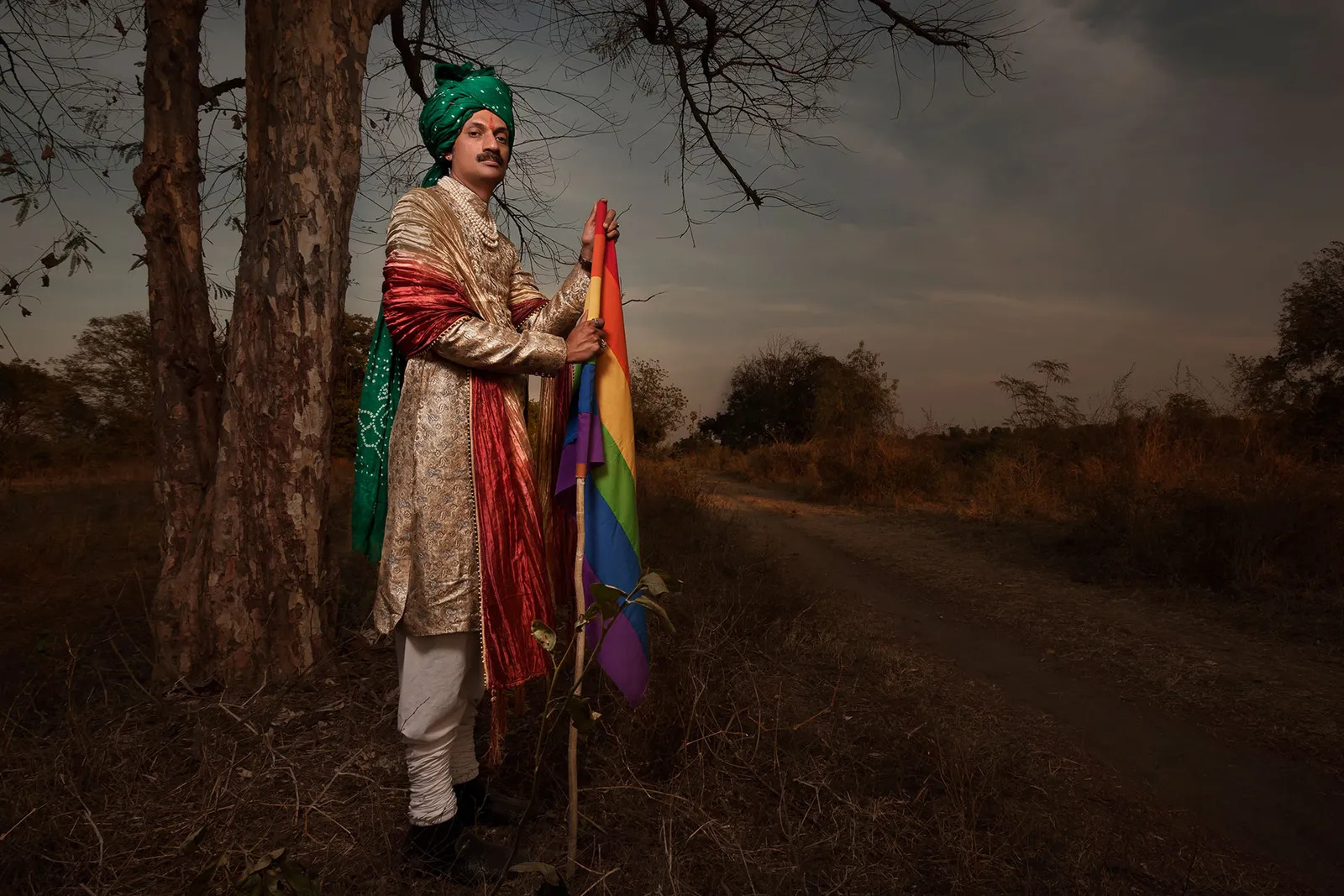

“It was the first time that a lot of queer people realised that there is a legitimate fight; that our existence is legitimate, it cannot be erased or shamed away.” – Beverley Ditsie
First Pride March in Johannesburg, 13 Oct 1990
Introduction
In this Gaydar Feature of the Month, let’s talk about South Africa’s trailblazing lesbian activist and film maker, Beverley Palesa Ditsie. She was one of the founders of the first Pride March in South Africa back in 1990. 30 years later, Bev is still fighting for the rights and well-being of the South African queer community. Even though South Africa is a developed country, queer activism is still crucially needed to achieve equality, inclusion and diversity in the society. This article will explore deeper into Bev’s activist movement and how it affects the lesbian liberation in the African world.
Early Life
Bev was born in 1971 at the apartheid township of Soweto, a region around Johannesburg that was created for housing black people. Bev’s activism started from there as she grows up seeing blatant unequal hierarchy in South African society. At an early age, Bev stood out with her distinctive appearance and boyish nature while being raised in a maternal home where male parents were absent. Despite knowing that she wasn’t a conventional girl, Bev managed to find acceptance in her family and community for her true identity.
By the age of 16, she was introduced to gay anti-apartheid campaigner, Simon Tseko Nkoli, which eventually became her mentor. They joined forces in creating the Gay and Lesbian Organization of Witwatersrand (GLOW) alongside Linda Ngcobo. This led the group in organising the first Pride March in South Africa in 1990 which led the organization to greater heights of queer activism.
Activism and Movie Making
Bev’s activism grew by leaps and bounds with GLOW as they were invited several times to speak on a global stage. One of their notable moment was during the United Nation Conference on Women in 1995. Bev was the first lesbian woman to address the UN on LGBTQIA+ rights and proposed resolutions in recognizing sexual diversity. Shortly after, Bev had an epiphany. She realised that she should focus on lesbian social issues, which was not the priority of her current institution, GLOW. This led to a backlash with her mentor, but that did not stop Bev from carving her own path by making TV appearances and producing documentaries.
Apart from engaging with the world leaders, Bev wanted to connect with the ordinary folks too. In the late 90’s, she appeared in a South African reality TV series, Livewire Communities as an openly black lesbian woman, putting herself amongst contestants such as a homophobic who used to beat up gay people in the past. Bev moved on to produce a documentary featuring her activism experience with Simon, titled Simon and I (2002) as a tribute for Simon’s Passing. The documentary received an Oxfam international award in 2004. Bev continued to direct and produce 3 other documentaries; A Family Affair (2005), The Commission; From Silence to Resistence (2017) and Lesbians Free Everyone – The Beijing Retrospective (2020).
Legacy and Recognitions
In 2019, Bev was bestowed a Doctoral Honorary Degree by Claremont Graduate University, California. She also received several awards for her notable activism and works within queer community such as Safe Space Icon Awards (2020) and Chicken and Egg Award (2022). Within the same year at her 50th birthday in 2021, Bev announced her biography and launching of Beverly Ditsie Foundation. During an interview, Bev stated that she will continue to create safe space for black queer people that are struggling in their lives due to discrimination. Bev will always be remembered as one of trailblazing queer black women activist in the world.





